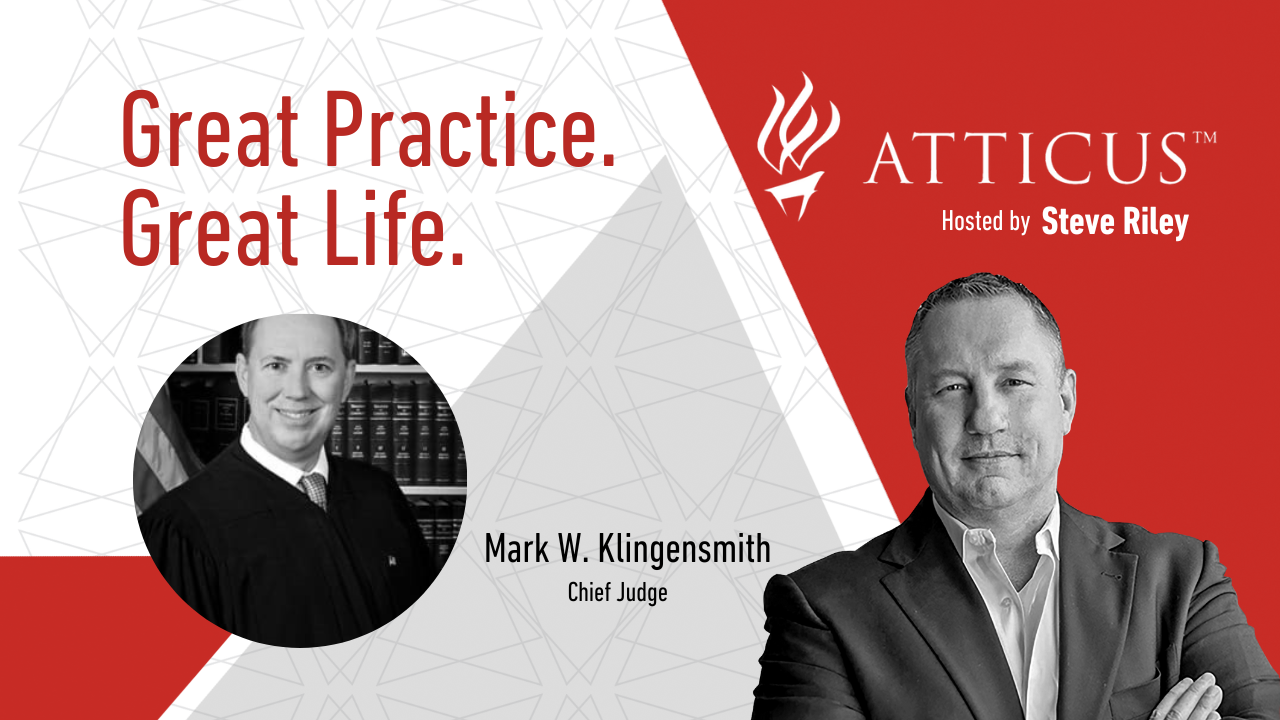
The Future of Law: Understanding the Impact of AI on the Legal Industry
The world is witnessing the dawn of a new era in the legal industry. Artificial intelligence (AI) advancements are set to reshape not just the roles of judges but the entire legal profession. The implications of these technological innovations are profound, posing both challenges and opportunities.
The Impact of AI on the Judiciary
AI is poised to revolutionize the legal industry, starting from the highest levels of the judiciary. For example, Florida’s Chief Justice Mark Klingensmith envisions a future where AI technologies like ChatGPT could redefine the role of judges and law clerks, streamlining the administration of justice. AI could synthesize large bodies of law and aid in decision-making processes, thereby enhancing the efficiency of the judiciary.
Artificial Intelligence in the Judiciary
AI’s impact on the judiciary extends beyond decision-making. Using AI in public service roles, such as judges, presents moral and ethical challenges. As AI technology evolves and potentially replaces human judges, there will be significant questions regarding the ethics of machine-made decisions and the implications for justice.
AI Technology’s Impact on Judicial Decisions
The implications of AI in judicial decisions are profound. AI could potentially assist or even replace judges in making critical decisions. However, human elements such as wisdom, empathy, and personal judgment remain essential to justice administration. As such, while AI can augment and support the decision-making process, it cannot completely replace the human judge.
Technology’s Impact on the Legal Industry
The legal industry is also bracing for disruption. Technology, particularly AI, can potentially redefine roles within the industry, particularly for paralegals. AI could synthesize large bodies of data, potentially impacting the functions of paralegals and young attorneys. The rapid development of AI technology may also affect the job market for new attorneys, as clients might prefer faster and more accurate services provided by AI.
Future of AI in Contract Analysis
AI also holds promise in contract analysis. Technologies that could enable AI to autonomously create contracts, identify risky clauses, suggest alternative wording, and look for inconsistencies and undefined words are emerging. AI could also revolutionize dispute resolution, potentially taking over the role of a computer mediator.
AI’s Impact on Dispute Resolution
The potential of AI to replace the jury system raises significant ethical and philosophical considerations. AI’s impact on the practice of law and the roles within the industry could be substantial. These implications will become increasingly important to understand and address as AI evolves.
Legal and Ethical Implications of AI
AI’s advancement also brings legal implications, such as product liability and trust implications in businesses. A critical question that courts, legislatures, and Congress must answer is who is accountable when AI evolves and potentially creates flaws. The “black box” problem of AI’s reliability and accountability adds a layer of complexity to these decisions.
Despite the challenges, the potential benefits of AI in the legal industry are immense. AI could lead to a more efficient and equitable justice system. However, as AI continues to evolve, it is crucial to consider its moral, ethical, and philosophical implications. Balancing technological advancement with ethical considerations will be critical to ensuring that the future of law is efficient and just.
If you want to learn more about Great Practice, Great Life, check out https://atticusadvantage.com/episode052.
Steve Riley
Certified Practice Advisor & Attorney
Steve Riley has coached attorneys for more than 20 years. His one-on-one coaching focuses on a limited number of top producing attorneys committed to taking their practices to new levels of excellence, profit, and personal success. He also presents at group coaching workshops around the country for individual law firms, state bar associations, and other legal organizations.


